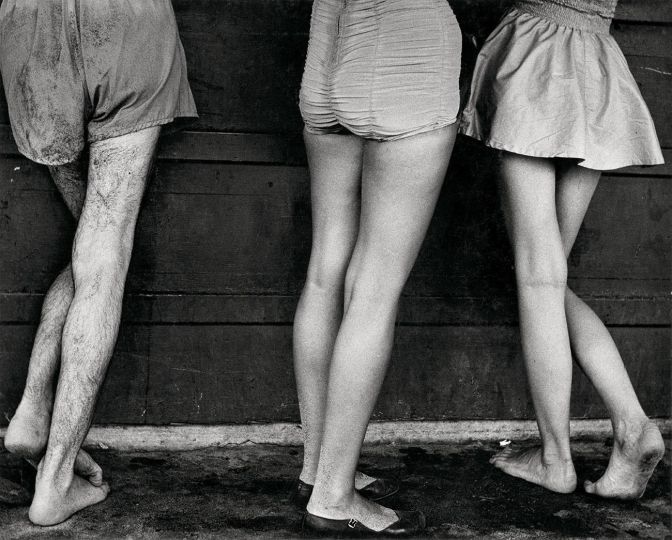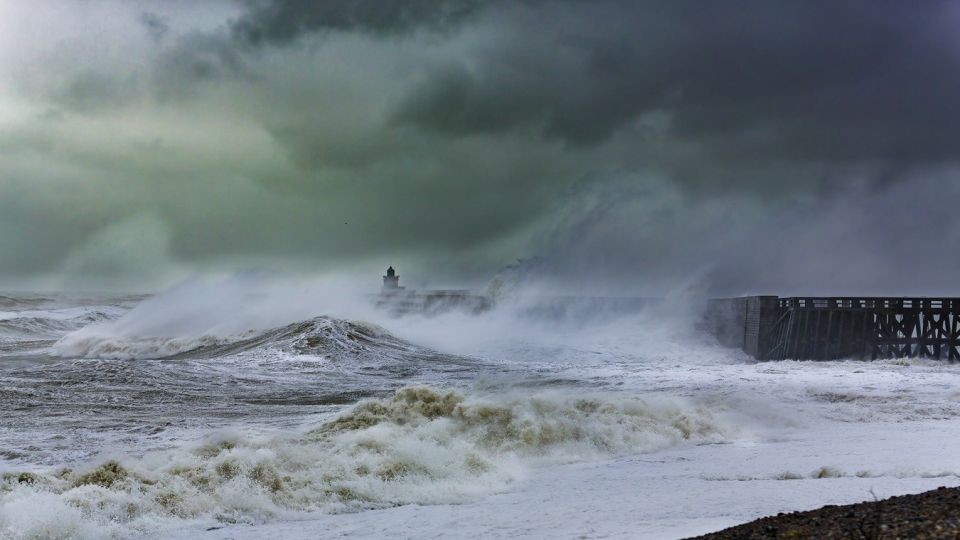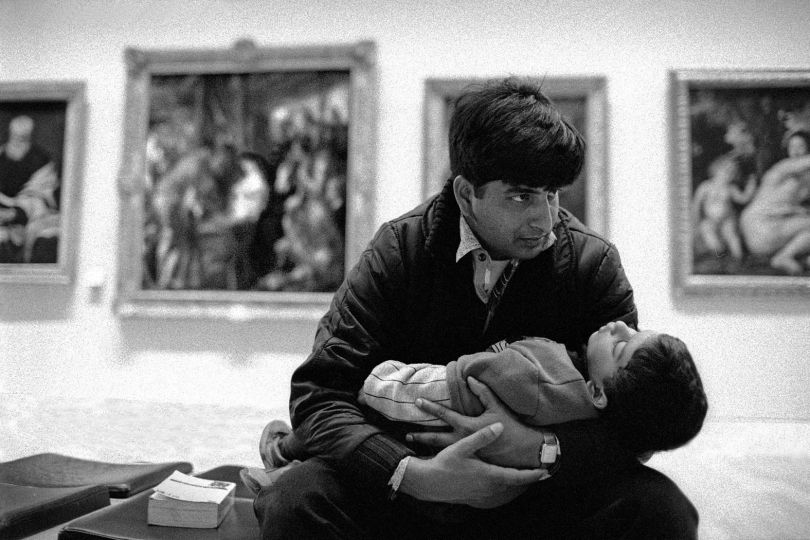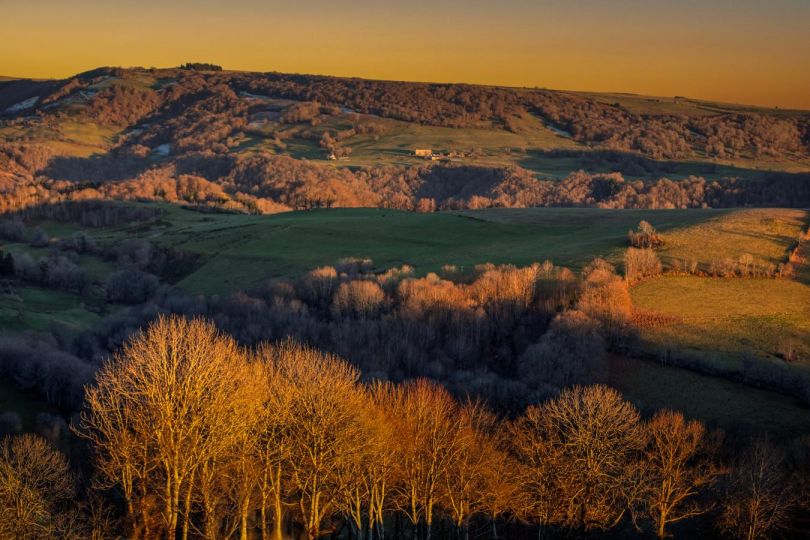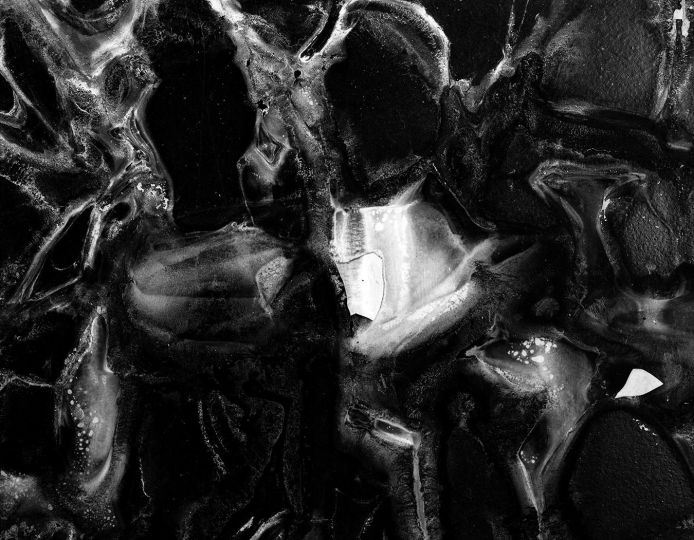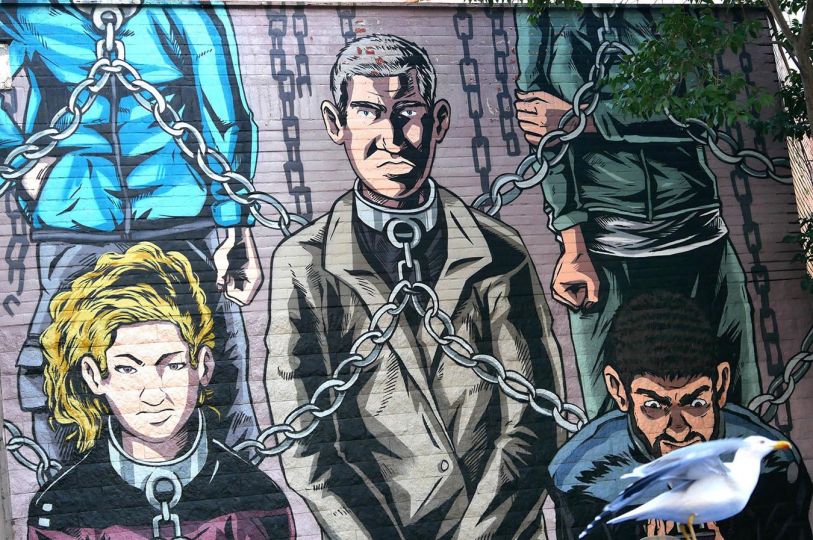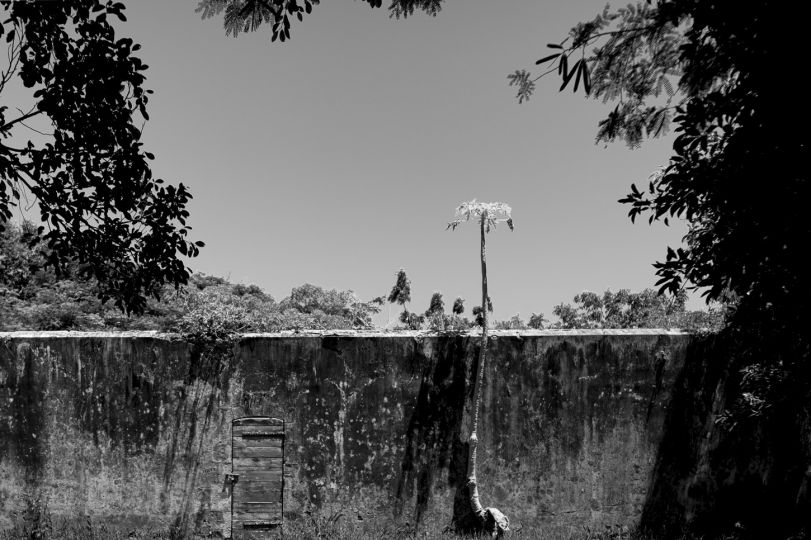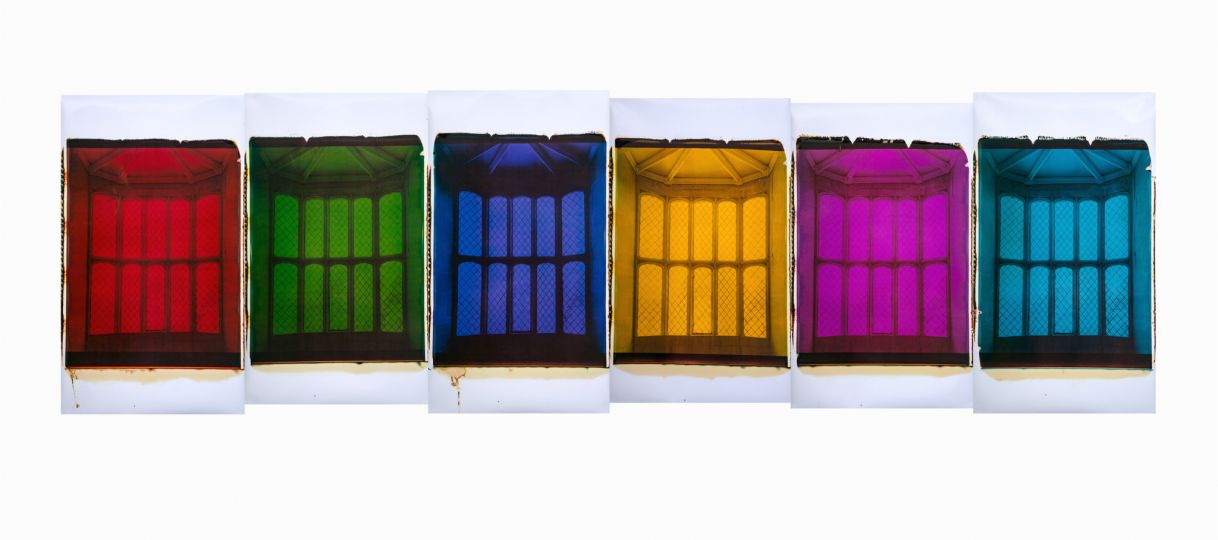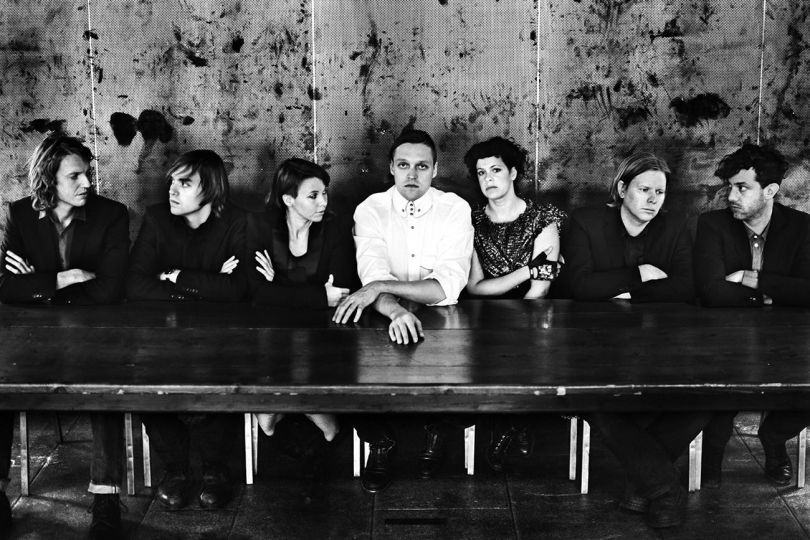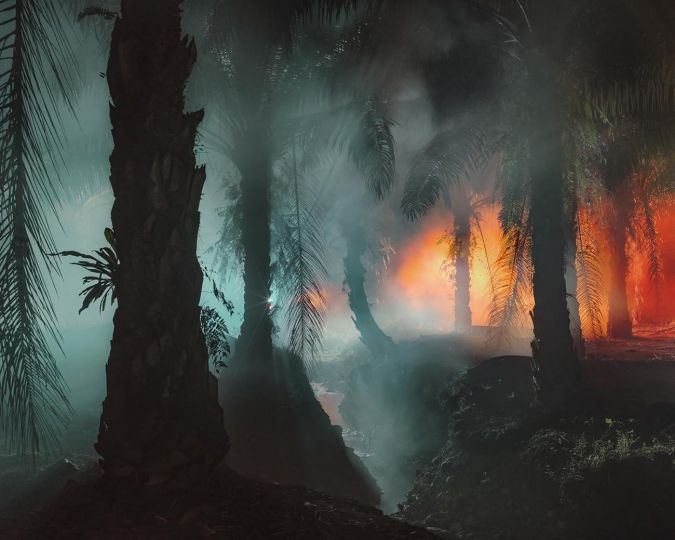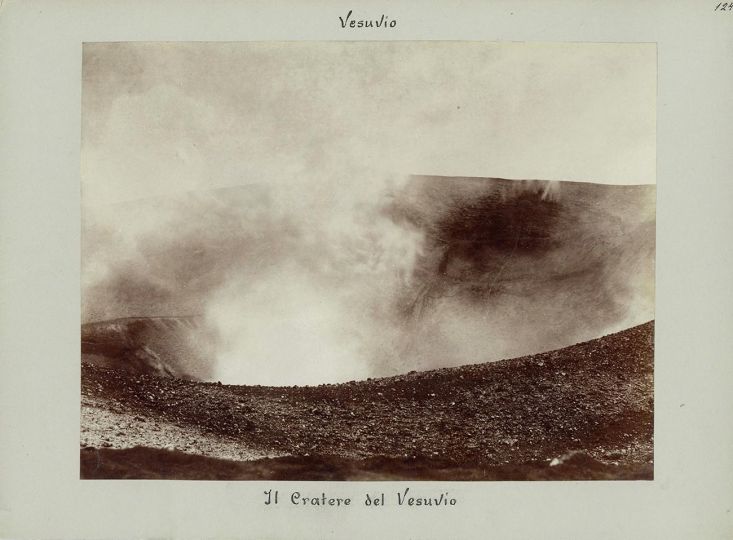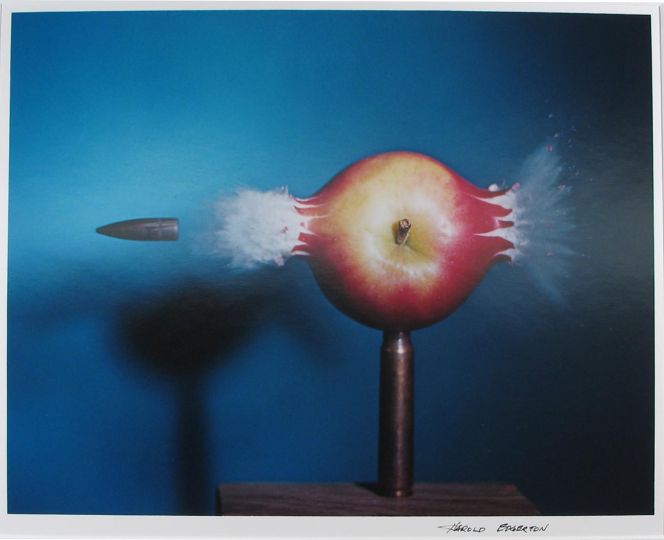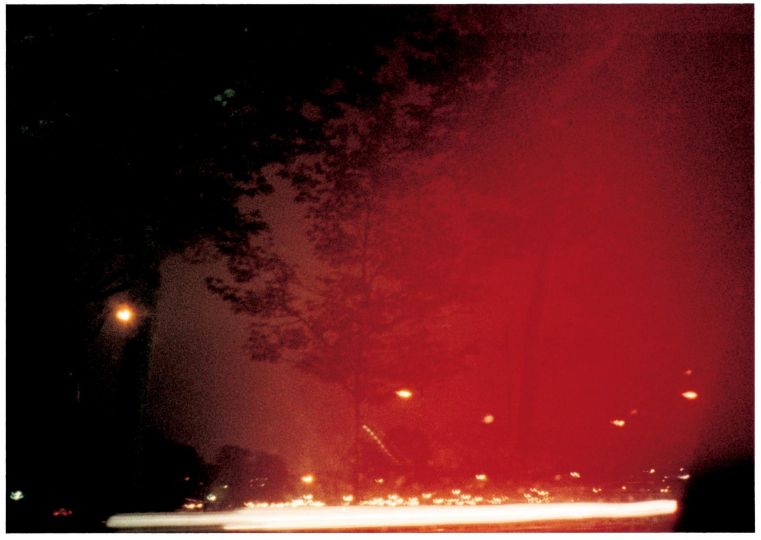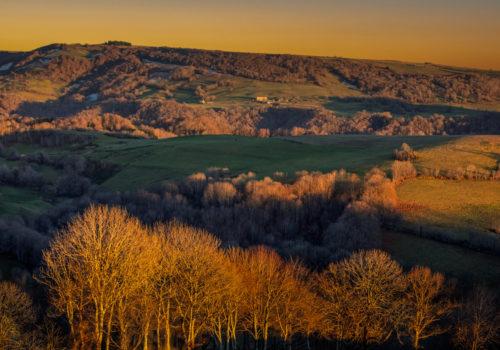From June 19 to November 17, 2024, Le Bal presents a remarkable figure in the history of Japanese photography, yet little known in France: Yasuhiro Ishimoto (1921-2012). For the first time in Europe, the exhibition, organized in close collaboration with the Ishimoto Yasuhiro Photo Center at the Museum of Art, Kochi, Japan, brings together 169 rare prints, most of which are vintage and made by Ishimoto himself. The exhibition focuses on the first decades of his work, between Chicago and Japan. A key figure of the 1950s and 1960s, he was considered “visually bilingual” for his ability to combine the formal approach of the New Bauhaus with the quintessence of Japanese aesthetics.
This unique alchemy is the result of an extraordinary journey. Trained at the Institute of Design from 1948 to 1952, Ishimoto embodies the first generation of photographers of the Chicago School, marked by the dual influence of Harry Callahan and Aaron Siskind. Upon his return to Japan in 1953, he became a major figure on the Japanese art scene. His photographs of the Katsura Imperial Villa in Kyoto created a body of work that sent shockwaves through the world of architecture and design, as evidenced by the words of art director Ikko Tanaka, who noted that Ishimoto was the first to introduce “an intellectual and austere modernism that greatly inspired us… His stone paths evoked Brancusi sculptures… He cast a radically new eye on the world.”
During the same period, Ishimoto paved the way for new approaches to photo book with the publication of one of the most important work in the history of Japanese publishing, Someday, Somewhere (1958). This book, with its experimental graphic design for the time, had a significant influence on a young generation of photographers and designers.
Driven by a quest for constant reinvention, Ishimoto became a conduit of modernity in photography, blending Japanese culture with Western influence. Observing his scenes of Chicago or Tokyo, with their orderly and vibrant beauty, one understands why he became, in the words of Stefan Zweig, an “extraordinary intermediary between Eastern and Western people, a man of double dimension, capable on the one hand of contemplating with astonishment and respect the foreign aspect of this beauty, and on the other of representing it and making us understand it as something self-evident, as a beauty experienced from within and made his own.”
Diane Dufour
Excerpt from the introductory text of the book Ishimoto. Des lignes et des corps co-published by Le Bal and Atelier EXB.
Curators: Diane Dufour with Mei Asakura, curator at the Ishimoto Yasuhiro Photo Center
Yasuhiro Ishimoto : Des Lignes et des Corps
Du 19 juin au 17 novembre 2024
Le Bal
6, impasse de la Défense
75018 Paris
+33 1 44 70 75 50
www.le-bal.fr

